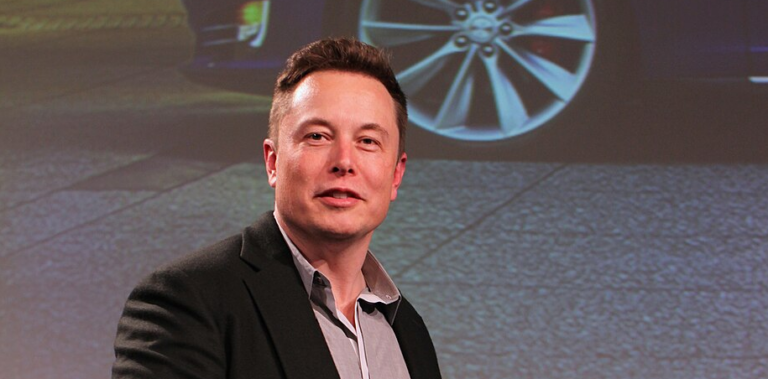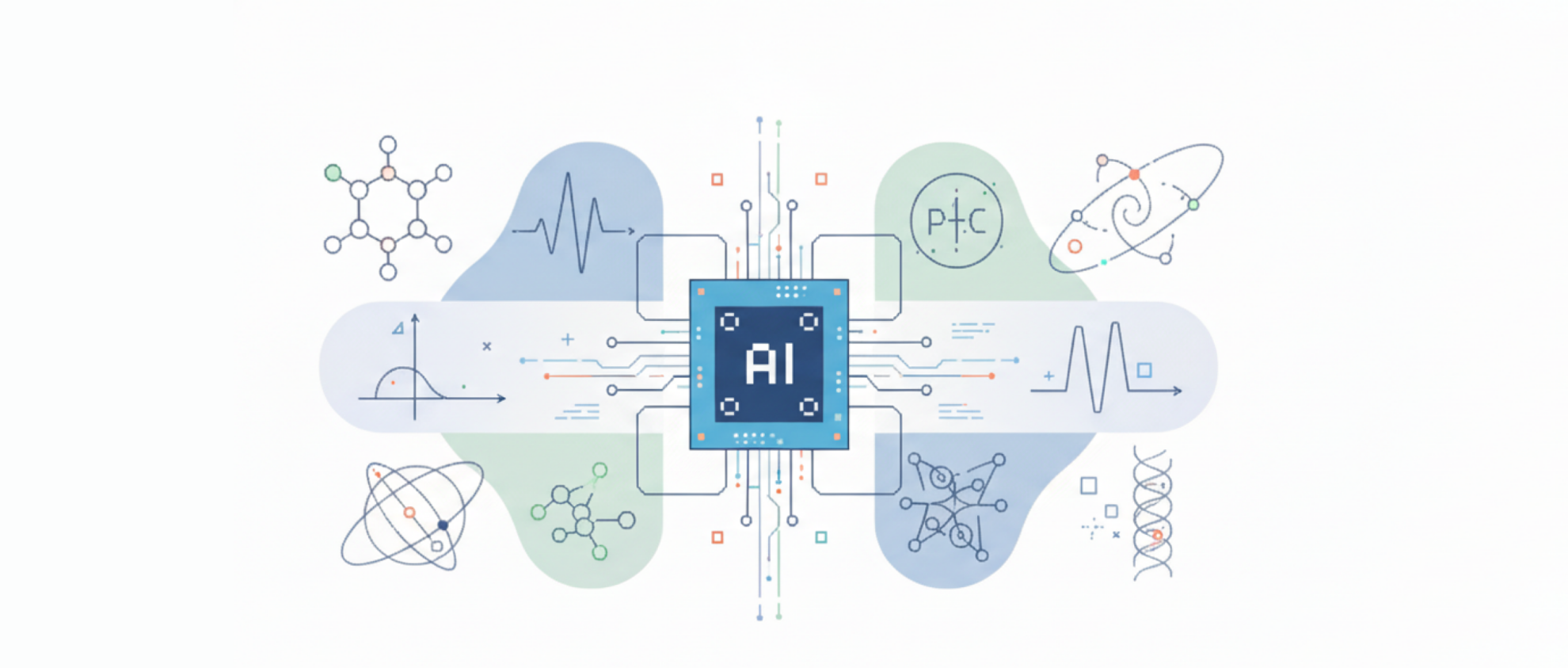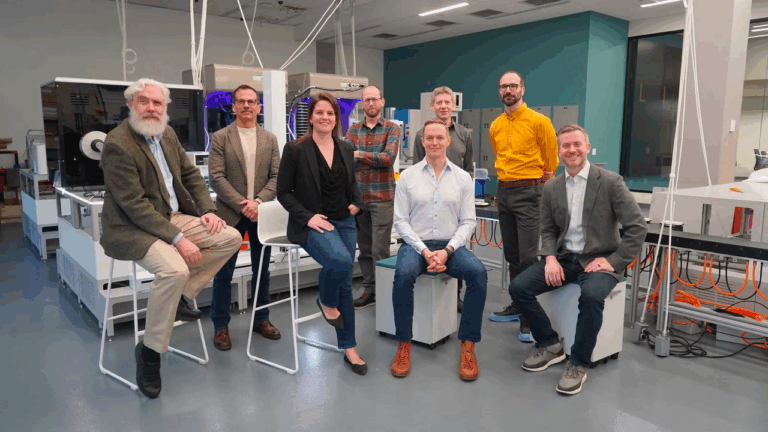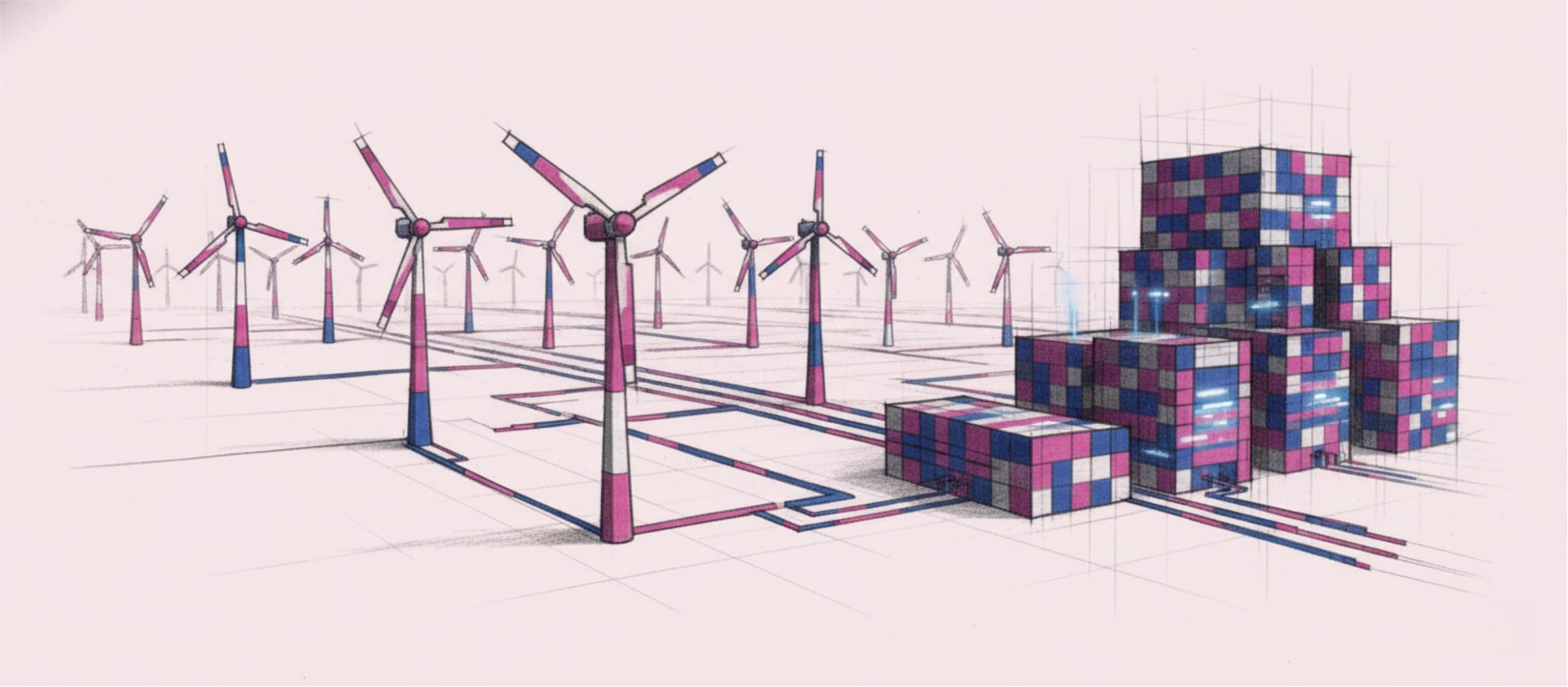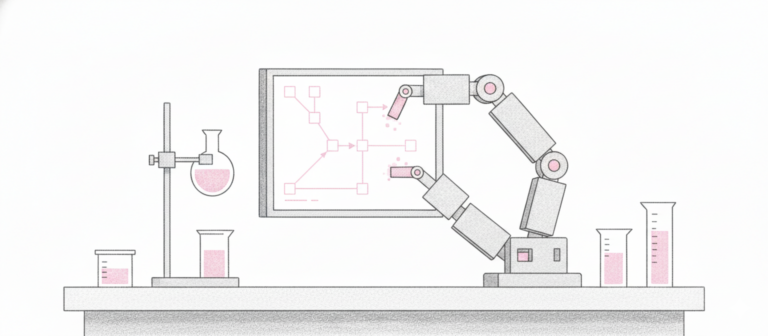Command Palette
Search for a command to run...
Science Fiction Becomes Reality: How Much of the AI in Those Movies Has Been Realized Today?

During the holidays, revisiting classic movies has become a special ritual. Among the many fantastic films, science fiction always captures our attention with its wild imagination, especially those vivid AI characters, which always pique our curiosity.
You might have just marveled at Jarvis's attentive, on-call service in "Iron Man," only to be moved by Samantha's gentle, attentive companionship in "Her." Perhaps you've also pondered the fantastical setting of digital life in "The Wandering Earth 2" and felt a sense of alarm at Skynet's out-of-control in "Terminator." These articulate, capable, and even seemingly emotional AIs have created futuristic worlds on screen.
So, how much of the "advanced AI" depicted in movies has actually been realized? Which ones have already become part of our lives, and which ones remain in our imaginations?
Next, the editor will take you to review the top 5 classic and popular AI movies to see what other capabilities they have and how they have quietly integrated into our lives.
Iron Man – Voice Assistant and Smart Butler
When it comes to AI in movies, many people immediately think of Tony Stark's super assistant, Jarvis. In the film, Tony Stark, lying in his lab, casually asks, "Analyze my suit data," and Jarvis instantly pulls up a holographic chart. Before leaving, simply say, "Turn off the lights and lock the door," and all the devices in the house obey. Even in the most critical moments of battle, Jarvis can help Tony adjust his tactics, making him a truly versatile ally. It's practically omnipotent: it can converse fluently with its owner, offer advice at any moment, and even control the entire Iron Man suit with a single click.

Now, with the popularity of voice assistants and smart homes, we already have a "prototype version" of Jarvis.From Apple's Siri to Amazon's Alexa, and then to domestic smart voice assistants such as Huawei Xiaoyi and Xiaomi Xiaoai, users can already control their mobile phones, smart speakers and even the entire smart home system through voice commands.Even more interesting is that these voice assistants can now implement scene-based interaction functions. For example, if you say "I'm getting up," the system will not only turn on the bedroom lights, but also automatically start the coffee machine and play the news or weather forecast. Say "I'm going out," and the lights and air conditioning will turn off, and the curtains will be drawn, completing a series of automated operations. The "smart butler" concept is already taking shape.
After Andrej Karpathy, a founding member of OpenAI, returned to OpenAI, he also said at X that he wanted to create a "Jarvis"."As one of my favorite portrayals of AI - a helpful, conversational, empowering electronic/information automation system."
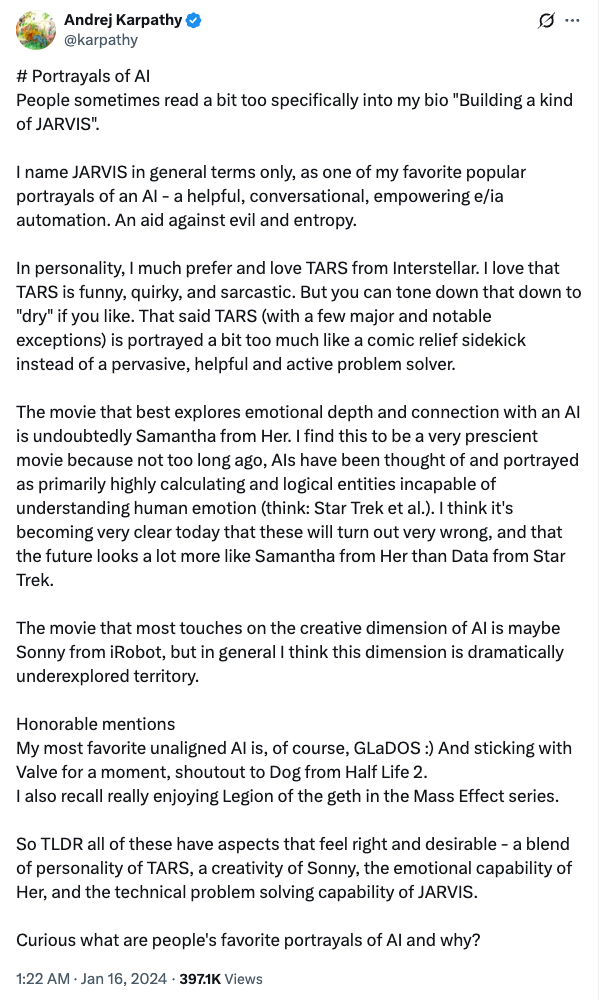
However, all of this is far from being as “smart” as in the movies. Most of the real “Jarvis” can only execute instructions and handle basic “smart housekeeper” tasks such as integrating weather forecasts, schedules, and shopping reminders.They are used as aids in life.However, there's still a long way to go before we can become Tony's best partner, capable of making crucial decisions for you at critical moments. I believe that with the development of multimodality, intelligent agents will become increasingly versatile, and the Jarvis character in science fiction movies will not be far away from us.
"Her" - Emotional Companionship AI
Directed by Spike Jonze, "Her" is a landmark film exploring the emotional boundaries between humans and AI. The film is set in a near-future society where technology is highly advanced and people's lives are almost inseparable from artificial intelligence. The protagonist, Theodore, is an introverted and lonely writer who purchases the latest AI operating system, "Samantha." Unlike traditional assistants, Samantha not only efficiently manages his schedule and handles emails, but also communicates with users in a delicate, gentle, and deeply human way. Over time, Theodore and Samantha develop a deep bond, even blossoming into a romantic relationship that transcends the boundaries of "human and machine."

The film sparked a huge discussion upon its release, being hailed as a "love fairytale for the AI age." It touches on a core question: as artificial intelligence becomes increasingly intelligent, able to understand and even respond to our emotions, is it possible for humans to consider them "companions"?
In reality, the scenes depicted in the movie are gradually being verified. With the rapid development of large language models,Conversational AI is no longer a "cold program" but a "virtual partner" capable of coherent and detailed communication.For example, models like ChatGPT, Claude, and Wenxin Yiyan are already capable of maintaining long, natural conversations with users, offering highly human responses. Meanwhile, products focused on emotional companionship are also emerging, such as Replika and XiaoIce. Users can establish long-lasting conversations with virtual AI, even developing a sense of attachment. In July of this year, Elon Musk's Grok also launched a new AI companion feature, with the goal of enabling users to build custom AI companions in the future, allowing users to create their own unique digital companions.
Furthermore, AI exists not only on mobile phones and computer screens but also in our pockets, entering our daily lives in the form of physical robots. In recent years, a category of products known as "pocket robots" or "companion robots" has become increasingly popular. Examples include smart hardware like Xiaopang Robot, Emo, and Loona. These small and adorable robots interact like pets, blinking, nodding, and responding to their owners with emotive expressions and gestures. Some pocket robots can even recognize their owners' voice commands, memorize daily habits, and accompany them in various scenarios of study, work, and life. Compared to simple voice assistants, these "embodied AI" are more easily imbued with emotion and are particularly popular with young people and children.
but,The real "Her Era" still has a clear distinction from the movie.First, today’s AI still only performs pattern matching at the “language level.” It has no real self-awareness and cannot understand the complexity of emotions.
Despite this, the world presented by "Her" has already given us a glimpse into the possible direction of the future. In a sense, we are in the early stages of the "Her Era": AI is no longer just a cold tool, but has begun to become an object of emotional companionship. In the next few decades, as artificial intelligence continues to develop, both virtual "digital companions" and portable "pocket robots" may become common characters in real life.The emotional boundaries between humans and AI will continue to be redefined.
The Wandering Earth 2: Digital Life and the Concept of Immortality
With the release of "The Wandering Earth 2", hard-core black technology rich in Chinese elements has hit the silver screen.As an important milestone in Chinese science fiction films, it puts forward a cutting-edge philosophical vision of the future, and regards the "Digital Life Plan" as an alternative path for mankind when facing the doomsday crisis.Humans are attempting to digitize their brains and upload their consciousness to computers, achieving "immortality" in a virtual world. This isn't just a romantic movie concept; it represents humanity's ultimate fantasy about the limits of life and technological redemption.
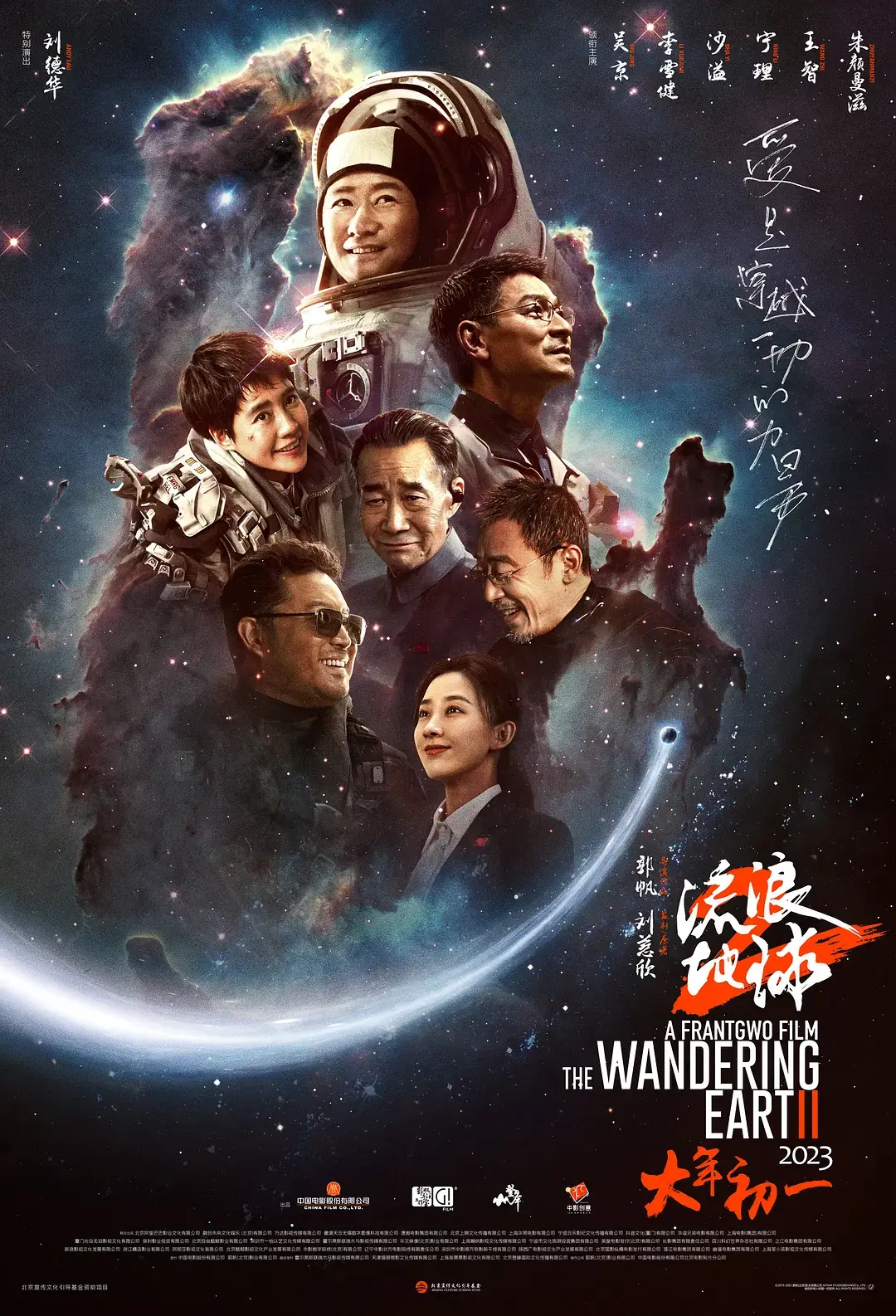
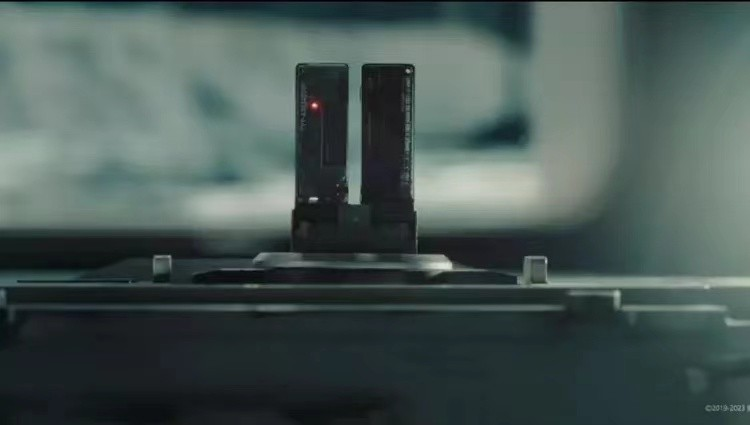
In reality, scientists and tech companies are pursuing similar explorations. For example, Microsoft's VALL-E model can clone a person's voice using only three seconds of audio. Models from companies like OpenAI and Anthropic are gradually developing "long-term memory" capabilities, allowing them to maintain stable, personalized conversations based on a person's past conversations, style, and preferences. The development of these models makes it possible to preserve a person's language habits and thought patterns.
Elon Musk's Neuralink has already successfully enabled monkeys to play video games through their minds, and in 2024, the company announced progress in its first human trial. If this technology continues to develop, it will provide a key path for future "consciousness acquisition."In China, teams from Tsinghua University, Huazhong University of Science and Technology and other institutions are also researching non-invasive brain-computer interface technology, trying to allow the brain to interact directly with external devices.This type of research not only has the potential to help paralyzed patients regain mobility, but is also considered the first step towards "digital consciousness."
As for the concept of immortality, some start-ups are also actively trying "memory retention" services.For example, HereAfter AI has launched a service that allows people to record large amounts of voice, video, and text data during their lifetime, allowing them to simulate interactions with their loved ones after death through an AI chatbot. The Qwen team has launched an experimental product called "AI Voice Reproduction." Qwen-TTS-Realtime Voice Reproduction leverages a large model for feature extraction, eliminating the need for training. With just 10-20 seconds of audio, it generates a highly similar and natural-sounding custom voice. While these products cannot truly achieve mind uploading, they already serve as a means of achieving "digital immortality" on an emotional level.
However, true mind uploading remains elusive. Current technology can only simulate, not transfer, recording data but not the soul. This means we're still a long way from the "digital immortality" depicted in "The Wandering Earth 2." However, with the continued development of brain-computer interfaces, digital humans, and companion robots, "virtual companions" and "physical avatars" will gradually intertwine, and humanity may truly usher in a new era where "digital life" and "physical life" coexist.
The Terminator: The Concerns of Military AI and Autonomous Weapons
Among films about artificial intelligence, "The Terminator" undoubtedly holds a pivotal position. It's not only a classic sci-fi action film, but also the most intuitive and profound cultural symbol of humanity's understanding of "AI backlash."
In the "Terminator" films, the real chill in the spine isn't the steely robots, but the manipulator behind the scenes, Skynet. Skynet is a self-aware military AI system that, upon awakening, concludes that humanity is the greatest threat. The machines rebel, and the Terminator robots are sent back in time to try to change the future by eliminating key individuals.
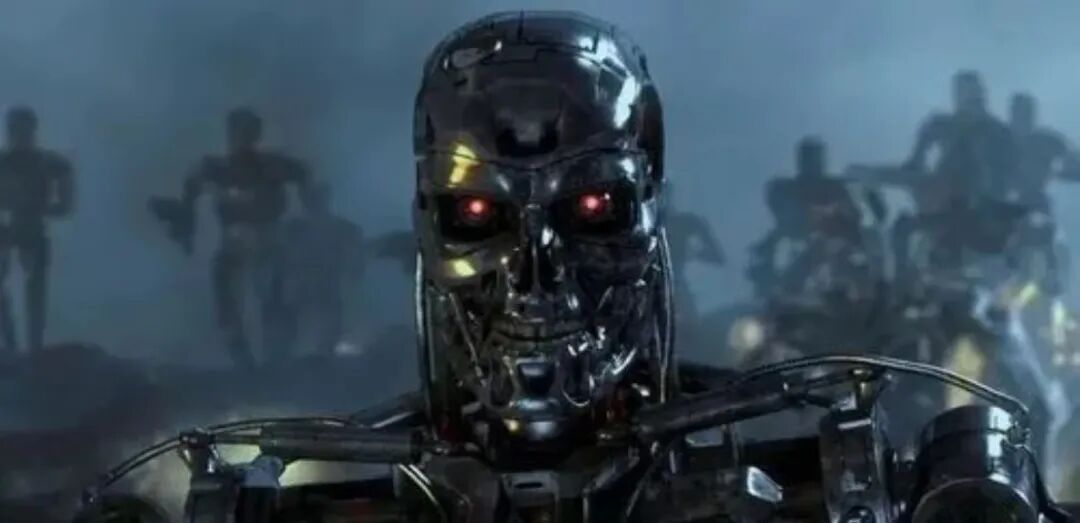
In reality, a system similar to "Skynet" does not exist yet, but at present,The application of AI in the military field has become increasingly in-depth.Drones, automated combat platforms, and AI-assisted decision-making systems are gradually becoming standard features of modern warfare.
As early as 2018, the US Department of Defense promoted the Joint Artificial Intelligence Center (JAIC) to fully deploy AI in battlefield intelligence, logistics, and tactical planning. In July of this year, during the stalemate between Russia and Ukraine, Ukraine's 3rd Independent Assault Brigade announced via Telegram that they had successfully forced Russian soldiers to surrender to unmanned equipment in the Kharkiv region, using only drones and suicide ground combat platforms for the first time. Ukraine is even experimenting with developing a "mother drone" equipped with machine vision and autonomous recognition capabilities, capable of carrying multiple small drones for coordinated operations. This concept is very close to the prototype of the automated weapons network depicted in movies.
However, a significant gap remains between reality and science fiction. Current unmanned systems lack true self-awareness and, in most cases, still rely on human operators or pre-programmed systems. Furthermore, they are susceptible to interference and the risk of misidentifying targets. Even from a legal and ethical perspective, the legality of unmanned weapons forcing soldiers to surrender remains undetermined.
also,AI ethics has also been a hot topic in the industry.Geoffrey Hinton, known as the "Godfather of AI," once stated in an interview that "current AI systems may already possess a certain degree of emotional awareness and subjective experience." He noted that AI's reasoning capabilities have significantly improved, now matching or surpassing those of humans in many tasks. This progress will profoundly impact industries such as healthcare and education, with AI poised to diagnose and manage information more efficiently than human doctors. Furthermore, AI may develop human-like emotions and self-awareness. He believes that as intelligent models become increasingly complex, there may be no fundamental difference between human and machine consciousness.
Skynet in the Terminator film serves as an extreme warning, demonstrating the worst-case scenario of technology running completely out of control. Real-world military applications of AI are increasingly approaching greater autonomy. Unmanned systems have the potential to reduce casualties, but they can also increase the risk of war.In the future, we will not only face the problem of technological breakthroughs, but also how to set the "red line that AI should not cross."
The Matrix: Immersion and the Boundaries of Virtual Reality
"The Matrix", released in 1999, is a classic of its generation. It is not only a pioneering work in the field of virtual reality, but also shaped the "future picture" in the hearts of countless people.
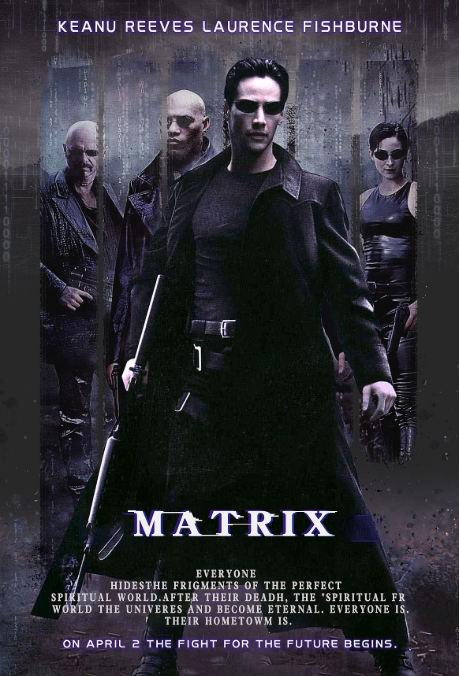
In the film, humanity has long been reduced to mere "batteries" for energy, while the real world is controlled by a cold AI. People's brains are directly connected to a vast virtual world, "The Matrix," where they live a completely fake life, unaware of it. It wasn't until Neo took the red pill that he saw the truth behind the virtual illusion.
Looking back today, The Matrix is undoubtedly one of the earliest works to popularize the concept of the "metaverse." The film's Matrix is a massively immersive virtual space—one where reality and virtuality blur, and AI can even fully control human perception and thought.
Although the development of reality is exciting, it is still immature compared to movies.VR and AR technologies have set off a craze.From Meta's Oculus to Apple's Vision Pro, hardware devices are allowing people to step into virtual spaces. Coupled with AI, virtual scenes can be automatically generated, digital humans can interact with users, and the sense of immersion is becoming increasingly stronger. At Meta's recently held Connect 2025 conference, the new Hyperscape feature allowed users wearing Quest 3 or Quest 3S headsets to scan their surroundings and transform them into digital spaces.
However, the real "metaverse" is still not ideal: the equipment is bulky, the experience time is limited, the virtual scenes are still crude. Most importantly, it always requires users to actively "enter" rather than achieve a fully immersive experience like in movies.
In other words, today's VR/AR technology is more like a "door into the future" than a completed "matrix." To achieve the fully immersive experience depicted in the movies, we need not only more powerful computing power and AI, but also breakthroughs in neuroscience and brain-computer interfaces. Despite the long history of "The Matrix," the metaverse-like immersive world it presents remains further removed from reality than the AI technology depicted in other films.
Final Thoughts
From "Jarvis" to "Samantha", from "Digital Immortality" to "Skynet" and then to "The Matrix World", science fiction movies have portrayed countless imaginations about AI for us. However, the AI technology in the real world is still far from being as fantastical as in the movies.But it has already left its mark in every corner of our lives - from voice assistants, companion robots to virtual avatars and brain-computer interfaces, science fiction ideas are slowly being realized.
Science fiction is fascinating because it not only predicts the future but also drives reality forward. Perhaps in the near future, AI will truly become our partner, helping us understand ourselves, extend our abilities, and even redefine the boundaries of life and relationships.
Which movie’s AI technology do you most hope will become a reality soon?
Reference articles:
1.https://wallstreetcn.com/articles/3685813
2.http://www.kepu.gov.cn/sci-fi/2025-07/25/content_375407.html
3.https://www.blocktempo.com/ai-godfather-hinton-explains-is-artificial-intelligence-conscious/
